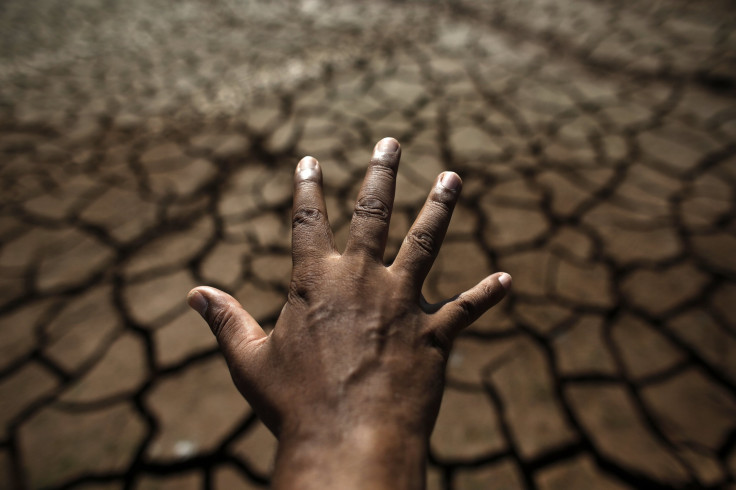Climate Change’s Risk To Economy Assessed By Bipartisan Report

Global warming if unchecked could ruin businesses from tourism to construction, according to a report, Risky Business, released Tuesday by a slew of politicians and economic figures from left, right and center political leanings, including former New York Mayor Michael Bloomberg, hedge-fund billionaire environmentalist Tom Steyer and former Treasury Secretary Henry Paulson.
The unusual bipartisan alliance claims that climate change could cost the country billions of dollars over the next two decades.
For example, the study concludes that rising sea levels, storms and hurricanes could raise the cost of coastal damage along the East Coast and the Gulf of Mexico by $35 billion over the next 15 years. Increased flooding and droughts could wipe out up to 10 percent of farmland in the Midwest and South over the next 25 years, according to the study.
Paulson, treasury secretary during the 2008 financial crisis, said at the report's release in New York that "today we are facing another crisis, and it has a significant risk to our economy ... it's more cruel and more perverse. When CO2 goes into the atmosphere, it stays there."
"The business-as-usual approach is actually radical risk-taking," Paulson said. "If we act immediately we can avoid the very worst outcomes."
Climate change could cause heat waves that will make outdoor work dangerous, change which crops thrive and drive up food prices, Bloomberg said at the press event. "If you can't measure it, you can't manage it," he said, regarding risk to economies from storms like Hurricane Sandy that rocked New York City.
"Climate change is nature's way of charging us compound interest for doing the wrong thing," Steyer said in a statement. "From a business perspective, given the many benefits of early action, it would be silly to allow these risks to accumulate to the point where we can no longer manage them."
Rhodium Group, an economic research firm, and Risk Management Solutions, a prominent catastrophe-forecasting company, conducted the assessment of risks to the U.S. economy. Bloomberg, Steyer and Paulson largely funded the research, according to the New York Times.
Steyer, a major Democratic Party donor, prompted the report in part and reached out to Paulson, the Wall Street Journal reported.
Steyer is an outspoken opponent of the Keystone XL pipeline from Canada and has focused his advocacy work under NextGen Climate on seven elections across the country, saying he won't help Democrats who support the pipeline.
The report's committee members include: former Democratic San Antonio Mayor Henry Cisneros; former CEO of food-processing company Cargill Inc. and Republican party donor Gregory Page; former Treasury Secretary during the Clinton administration Robert Rubin; former U.S. Secretary of Health and Human Services Donna Shalala; former Secretary of State, Treasury and Labor Secretary and Republican George Schultz; former Senator from Maine and Republican Olympia Snowe; and Dean of John Hopkins University's public health school Al Sommer.
"What we do today will affect us for centuries. Investors should insist that companies expose their risk to climate change. The investment business community can work to change the political conversation," Rubin said at the report's release.
"We're hoping businesses will unite and be more active in pressing for policy change from the federal government," Paulson said.
© Copyright IBTimes 2024. All rights reserved.












